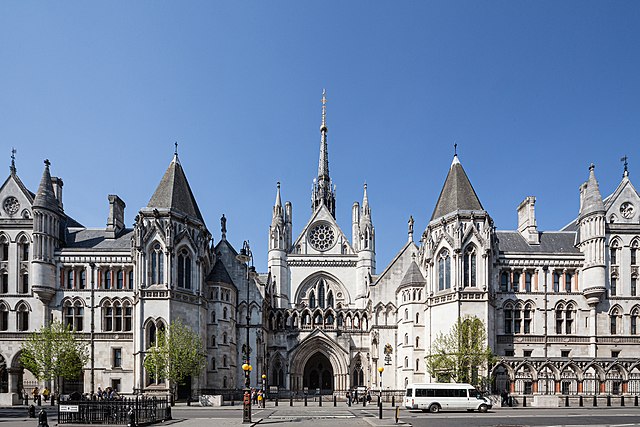The UK High Court has ruled that London’s Metropolitan police breached the rights of organisers of a planned vigil for rape and murder victim Sarah Everard as the government pursues approval of its controversial police bill that could endanger freedom of expression and curb protest rights.
The High Court ruled on March 11 that the Met police’s actions were “not in accordance with the law”, that the police “failed to perform its legal duty” to consider whether the organisers had a reasonable excuse for the vigil, and that police statements before the vigil had a “chilling effect”.
The organisers withdrew from the vigil after being told by the police they would face fines of £10,000 each and possible prosecution if the event went ahead. A spontaneous vigil and protest took place instead.
The police announced on March 19 they were seeking the right to appeal, saying they needed to “resolve what’s required by law when policing protests and events” in future.
“It’s important for policing and the public that we have absolute clarity of what’s expected of us in law,” the police said.
The organisers of the Sarah Everard vigil in March 2021 went to court to argue that decisions made by the force in advance of the planned vigil amounted to a breach of their human rights to freedom of speech and assembly, and say the force did not assess the potential risk to public health.
“Every step of the way there was just condescension and disrespect and [the police] were telling us their hands were tied,” said Jamie Klingler, co founder of organisers Reclaim These Streets.
Responding to the announcement of the police appeal, she tweeted: “I’m not going to pretend I am not furious. They want us to give up. They want to exhaust us.”
The vigil took place as the government introduced its sweeping Police, Sentencing and Courts Bill that would amend the Public Order Act of 1986 on the regulation of protest marches, allowing police to curb the right of protest and endangering freedom of expression.
The police forcibly arrested several people in an intervention many said was misjudged.
It appeared from a memo leaked to The Guardian newspaper that the government supported and encouraged the police action even though it later criticized it in the wake of criticism.
In July 2021 Prime Minister Boris Johnson used his overwhelming Parliamentary majority to push through the legislation in the House of Commons with no significant amendments even after a wide range of public opposition even from senior police officials and his own party.
The House of Lords returned the bill to the Commons after 19 votes against the government and the government is now sending it back to the Lords after rejecting their suggested changes.
Hugh Court rules police breached rights
Police appealing
Current status of government Police Bill
House of Lords suggests changes to Police Bill
AEJ – authoritarian rule book?
The Metropolitan police – The Guardian








